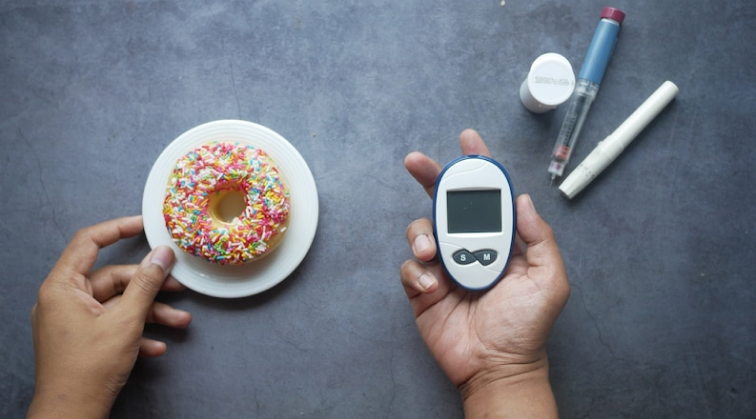Introduction
Blood sugar regulation is a fundamental aspect of maintaining good health. Our bodies are designed to tightly control blood sugar levels, as imbalances can lead to a range of health issues. One of the key players in this intricate process is insulin. In this article, we will explore the pivotal role of insulin in blood sugar regulation, how it works, and what happens when this system goes awry.
Understanding Blood Sugar
Blood sugar, or blood glucose, refers to the sugar in our bloodstream that serves as the primary source of energy for our cells. This glucose is derived from the foods we eat, primarily carbohydrates. Our bodies need to maintain blood sugar levels within a narrow range to function optimally.
The Pancreas: Home of Insulin
The pancreas is a vital organ in blood sugar regulation. It serves two primary functions:- Exocrine Function: The pancreas produces digestive enzymes that help break down food in the small intestine.
- Endocrine Function: The pancreas also houses clusters of cells called the Islets of Langerhans, which are responsible for regulating blood sugar.
- Alpha Cells: These cells produce glucagon, a hormone that raises blood sugar levels by prompting the liver to release glucose into the bloodstream.
- Beta Cells: These cells produce insulin, a hormone that lowers blood sugar levels by facilitating the uptake and storage of glucose by cells.
The Role of Insulin
Insulin is often considered the "gatekeeper" of blood sugar regulation. When blood sugar levels rise after eating, the pancreas releases insulin into the bloodstream. Insulin has several essential functions:
- Facilitating Glucose Uptake: Insulin binds to cell receptors, allowing glucose to enter the cells, where it can be used for energy or stored as glycogen in the liver and muscles.
- Inhibiting Gluconeogenesis: Insulin suppresses the liver's production of glucose, preventing the release of excess sugar into the bloodstream.
- Promoting Fat Storage: Insulin encourages fat cells to store excess glucose as triglycerides, reducing blood sugar levels.
- Aiding Protein Synthesis: Insulin assists cells in absorbing amino acids, which are crucial for building and repairing tissues.
Blood Sugar Regulation: A Balancing Act
Blood sugar regulation is a dynamic and continuous process. After a meal, blood sugar levels rise, prompting the release of insulin, which helps cells take in and utilize glucose. Between meals, as blood sugar levels drop, the pancreas releases glucagon, which stimulates the liver to release stored glucose and maintain adequate blood sugar levels.
What Happens When It Goes Awry?
When the body's ability to regulate blood sugar is impaired, it can lead to various health conditions, including:
- Type 1 Diabetes: An autoimmune condition where the immune system mistakenly attacks and destroys the beta cells in the pancreas, resulting in little to no insulin production. Individuals with type 1 diabetes require lifelong insulin replacement therapy.
- Type 2 Diabetes: A condition characterized by insulin resistance, where cells do not respond effectively to insulin. This results in higher blood sugar levels and, in some cases, decreased insulin production over time.
- Gestational Diabetes: Occurs during pregnancy when the body cannot produce enough insulin to meet the increased demand, leading to elevated blood sugar levels.
Conclusion
Insulin is a critical hormone that plays a central role in blood sugar regulation, helping to maintain glucose levels within a narrow range. Understanding how this system works and the consequences of its malfunction is essential for overall health. While various factors can impact blood sugar regulation, lifestyle choices, such as a balanced diet and regular physical activity, can contribute to optimal blood sugar control and reduce the risk of related health conditions.
.pdf%20300X60%20PX-02-02.svg)



